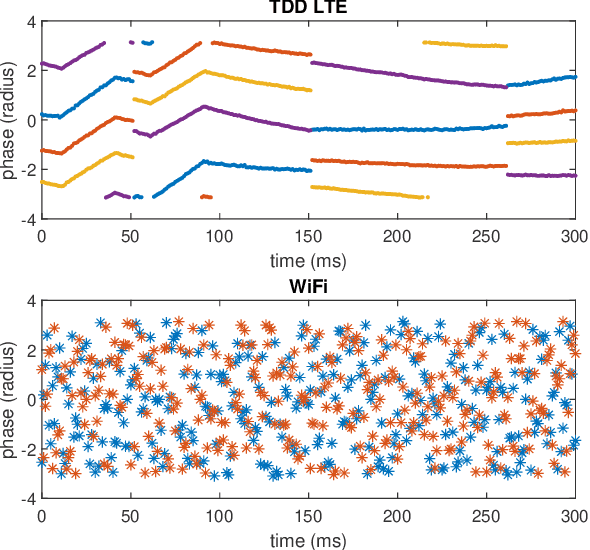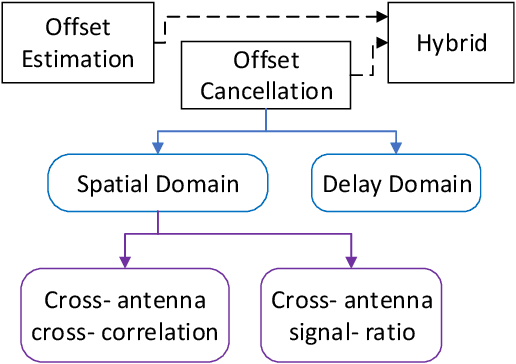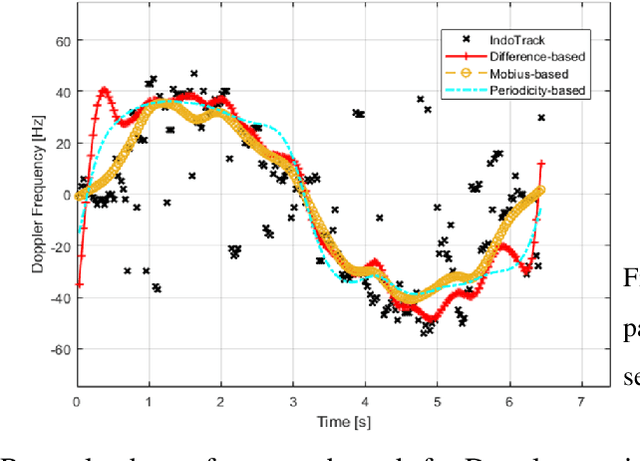Sensing in Bi-Static ISAC Systems with Clock Asynchronism: A Signal Processing Perspective
Paper and Code
Feb 14, 2024



Integrated Sensing and Communications (ISAC) has been identified as a pillar usage scenario for the impending 6G era. Bi-static sensing, a major type of sensing in \ac{isac}, is promising to expedite ISAC in the near future, as it requires minimal changes to the existing network infrastructure. However, a critical challenge for bi-static sensing is clock asynchronism due to the use of different clocks at far separated transmitter and receiver. This causes the received signal to be affected by time-varying random phase offsets, severely degrading, or even failing, direct sensing. Considerable research attention has been directed toward addressing the clock asynchronism issue in bi-static sensing. In this white paper, we endeavor to fill the gap by providing an overview of the issue and existing techniques developed in an ISAC background. Based on the review and comparison, we also draw insights into the future research directions and open problems, aiming to nurture the maturation of bi-static sensing in ISAC.
 Add to Chrome
Add to Chrome Add to Firefox
Add to Firefox Add to Edge
Add to Edge